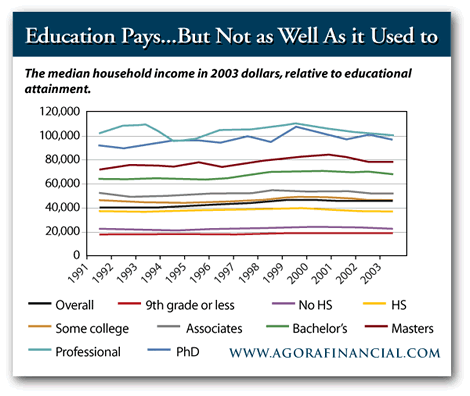The primary benefit of good succession planning for small businesses is that it facilitates a seamless transition. According to statistics, small businesses tend to have less than 500 employees.
Therefore, proper succession planning is crucial because it helps small businesses to retain their employees. Consequently, this reduces or prevents the disruption of business operations.
For family-owned small businesses, succession planning allows a continuous flow of income. This is because a small business owner can choose a successor to run the business instead of shutting it down.
However, succession plans aren’t always developed to cushion the business from retiring employees. They’re also designed to protect small businesses from sudden unforeseen changes such as death or sudden resignation.
What is Succession Planning?
Succession planning is a strategy most organizations use to ensure that no positions are left unoccupied at any given time. For it to be effective, the organization has to fill

